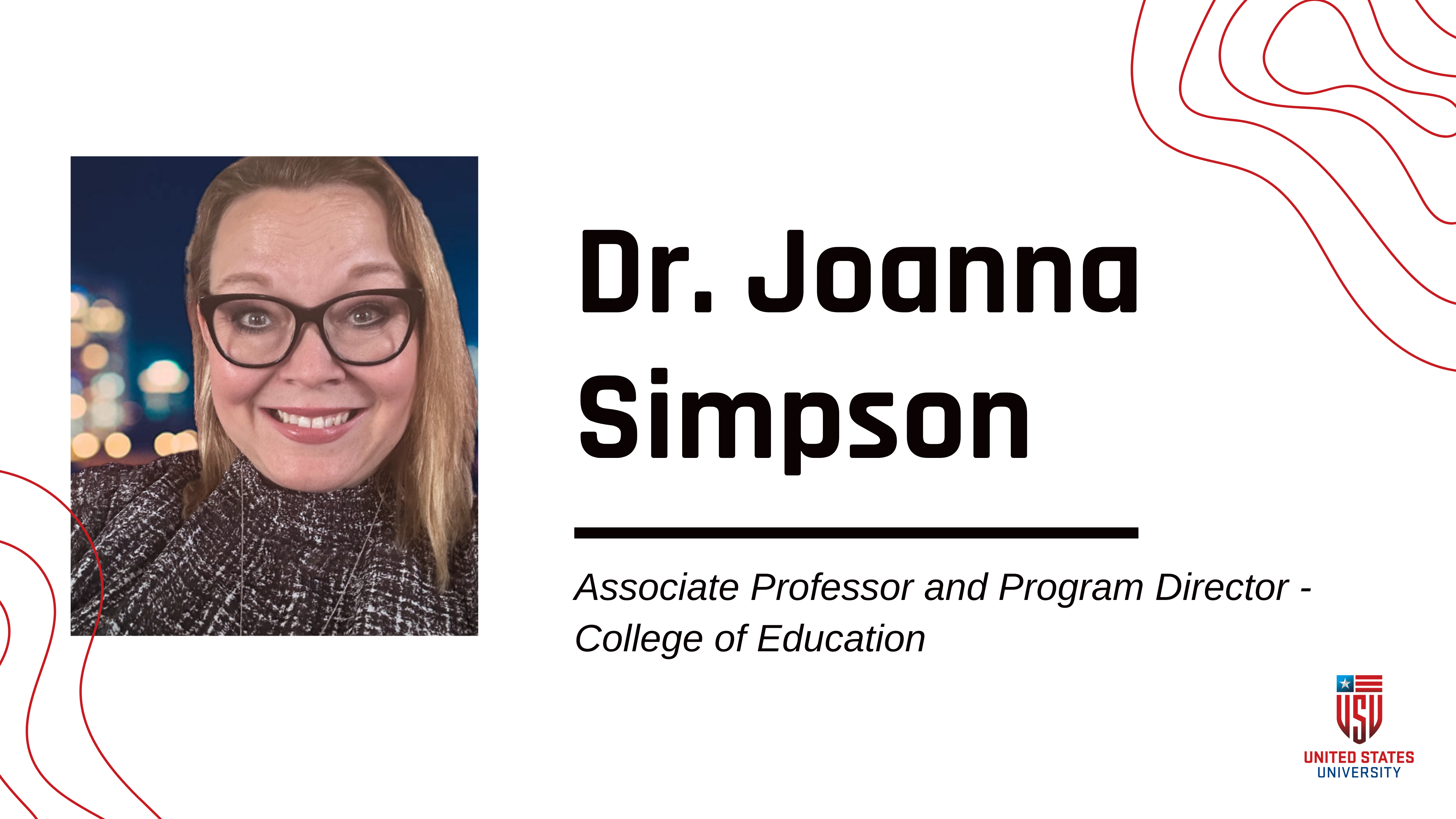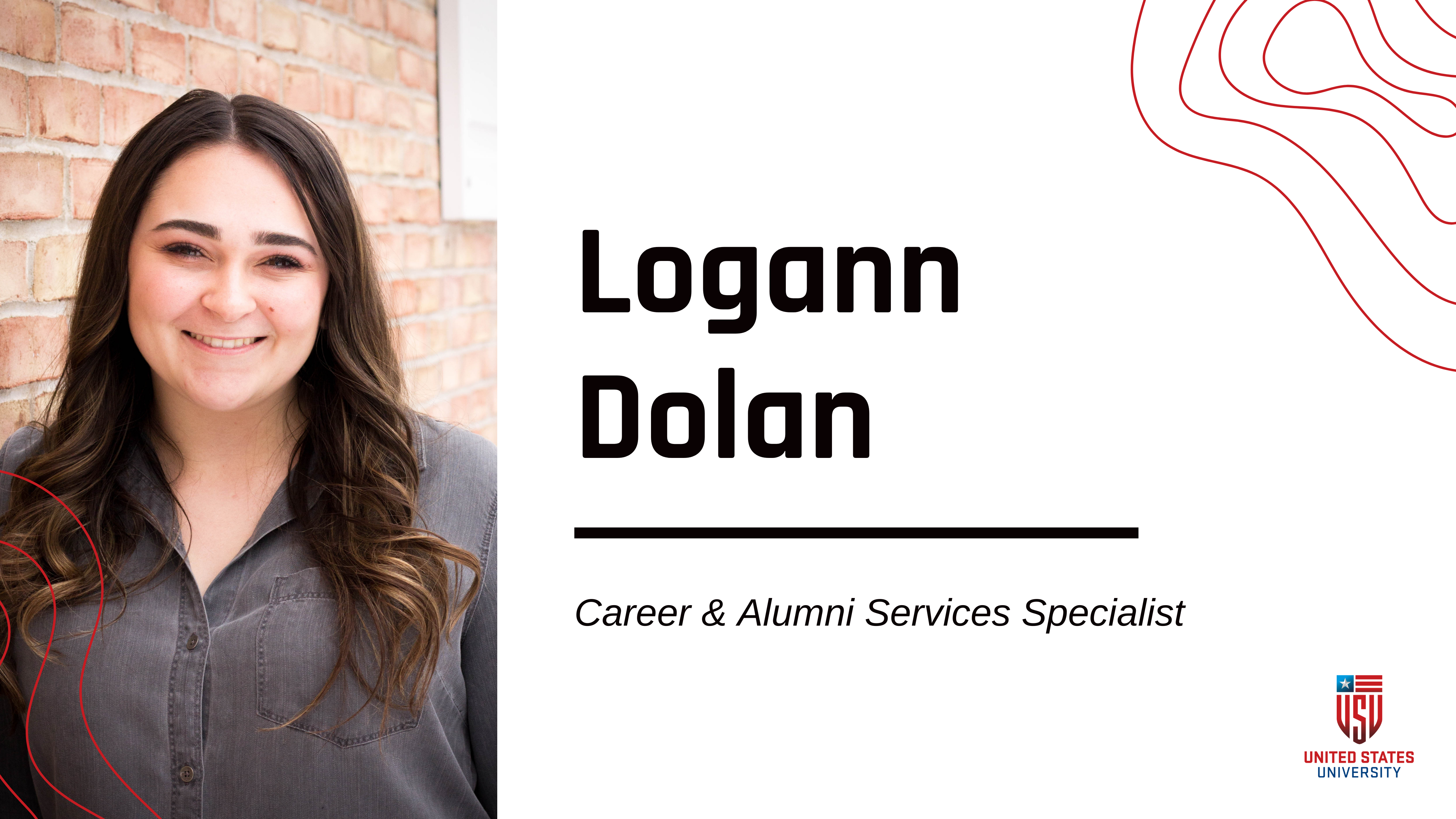Can FNPs Work in Cardiology? Yes! - Here’s How
So, you’ve finally finished getting your nurse practitioner degree, what do you do next? After you graduate and get your license, it’s time to decide where you’ll work. Choosing where to work can be tricky, especially for a family nurse practitioner's (FNP) broad scope of practice. Some people think you can only work in primary care as an FNP, but that’s not true. Between 2008 and 2016, the number of nurse practitioners working in specialties increased by 22%!
There are a variety of different specialties that FNPs can work in, cardiology being one of the most common. Heart disease is the most common chronic disease and the most common cause of death in the United States. This makes cardiology an area of healthcare with high demand.
Cardiology is a growing and fulfilling specialty that FNPs can work in after graduating, but how? What do they actually do? Do FNPs learn enough in school to work in a specialty? Let’s explore these questions and the journey from FNP to cardiologist!
What does a cardiology NP do?
Cardiology NPs are advanced registered nurse practitioners with either a master's or a doctorate specializing in cardiology. For NPs, this usually includes FNPs and Adult/Gerontological NPs. They may or may not be certified in cardiology, and it’s not required!
They can work in a variety of areas, including:
- Private practices with other cardiologists
- Primary care offices with a subspecialty of cardiac
- Hospitals, including general internists for telemetry floors, cardiac intensive care units, and cardiac surgery.
- Other clinics
- Diagnostic labs
In a clinic or a hospital unit, cardiac NPs are generally responsible for caring for patients with chronic and acute heart diseases. They assess their patient’s health status, prescribe treatments, and provide education.
Working in diagnostics can include a cath lab or an echo lab. They assess patients for worsening health and diagnose cardiac ischemia or valve dysfunction. Some NPs also assist with cardiac surgery in the operating room and monitor the patients as they recover.
In specialties, NPs often work as part of a team with other providers, nurses, pharmacists, and other healthcare workers like social workers, making it a supportive and multidisciplinary environment that many FNPs describe as a great learning experience.
But, how do you get there from being an FNP?
How to transition to cardiology as an FNP
In FNP school, students are given a broad overview of many different things, having to be responsible for a lot in primary care, which is still the most common area of employment for FNPs.
Most specialty offices don’t require separate certifications for specialties like dermatology, cardiology, or oncology. While there are no set requirements for becoming a cardiology NP, there are a few steps that can help you get there!
1. Get your Bachelor of Science in Nursing (BSN)
To be an NP, you start as a registered nurse. Most NP degree programs will require a BSN as well as an associate’s degree. So starting with a BSN is an important first step!
2. Get some experience in cardiac nursing
After you get your BSN, it’s a great time to start your cardiac career. Cardiac units are in every hospital from telemetry floors to cardiac intensive care units to the cardiac OR, and all require nurses. You can also work as a nurse in the cath lab or with a cardiologist in their own private practice. So use this time to get some exposure!
3. Get your FNP degree
This can be a master's degree or a doctoral degree, whichever works for you at the time. During this time, try to get some of your clinical hours in with a cardiologist, whether in the hospital or private practice. Some continue to work during school while others don’t, but if you do, try to make it somewhere in the cardiac world to keep your skills up and any connections with other providers.
4. Consider a certification
There are multiple different certifications that FNPs and other NPs can get in cardiology if they would like. Getting a job in a specialty can be competitive, so getting a certificate may help you get ahead of the game. Still, it’s not required for most areas of practice. It can also be a great learning experience and a way to truly hone your skills so that you feel even more comfortable once you start practicing. So, look into it and see if it’s right for you before starting your work!
5. Make connections and apply!
If you’ve been working in cardiology or had some clinical experience with a cardiologist, start connecting with them, letting them know you’re an FNP now and looking to work in cardiology. See what jobs they have and start applying!
Outlook for cardiology NPs
So, you’ve decided you want to work as a cardiac NP. What’s that going to look like over the next few years?
As of 2021, the median income for a full-time cardiology NP was $120,000, some as high as $170,000. It’s predicted that the need for NPs in specialties will increase drastically by 2029, with cardiac in very high demand. In addition, it continues to be one of the most common medical issues, making it a great career path!
How to find a cardiology job as an NP
Here are a few tips on finding a cardiac NP job, some of which have been mentioned so far:
- Browse online job boards
- Make connections with cardiologists and their practices
- Work in cardiology as a registered nurse
- Do some clinicals with a cardiologist in their office
- Reach out to local organizations of cardiology providers to network
Finding an NP job in a specialty isn’t easy, but becoming more and more common. Cardiac disease is the most common cause of death in this country and only worsens. This, in turn, increases the demand for cardiology providers! So start your cardiac career today, even as an FNP!
Alison Shely, DNP, FNP-C, is a nurse practitioner, nurse coach, and content writer specializing in articles, guest bloggers, and healthcare worker wellness. She has been in nursing since 2014, working in intensive care, women’s health, and primary care as a registered nurse and family nurse practitioner. She also serves as a health coach and mentor to other nurses and healthcare workers concerning healthy lifestyles and mental health.



